Senegal
A report released on Thursday by the United Nations Office on Drugs and crime, says that the African continent has been an attractive transit route for drug traffickers.
The report says that developing markets are fuelling an increase in cocaine trafficking through west Africa.
UNODC’s regional representative Pierre Lapaque said during the report’s launch in Dakar Senegal, that seizures on the Atlantic island of Cape Verde, in the Gambia, Nigeria and Ghana contributed to a 78 percent increase in cocaine seizures from 2009-2014 compared to the previous period.
2016 #WorldDrugReport out now: no. of drug dependent adults up 1st time in 6 years, to 29mil https://t.co/LG4RjYgdS5 pic.twitter.com/p1VItlHz6H
— UNODC (@UNODC) June 23, 2016
“What worries the most are the links between narco-traffickers and terrorists in the Sahel region, which which have increased. The respective authorities are aware but the problem is that no arrests are being made,” Lapaque noted.
“There are drugs that arrive and leave from Senegal. Same thing happens in Guinea-Bissau, Cape Verde etc. The drugs are trafficked out later on mules, small planes, containers…by all possible means,” he continued.
Several African countries like Senegal are considered high drug transit locations.
In it’s annual World Drug Report, UNODC however still said that global opium production plunged almost 40 percent last year but the world remains awash with heroin, the narcotic that still kills the most people worldwide.
It said that production of opium, which is processed into heroin, fell to 4,770 tonnes in 2015, a 38 percent plunge from the previous year.




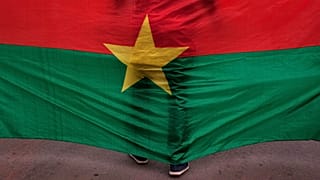
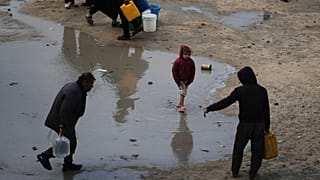
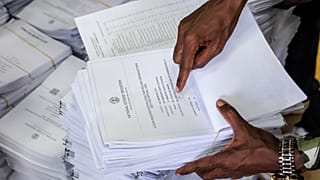
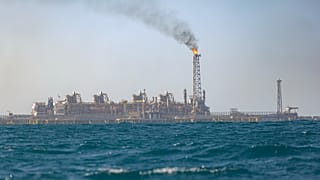
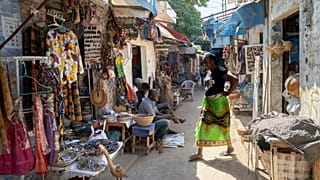
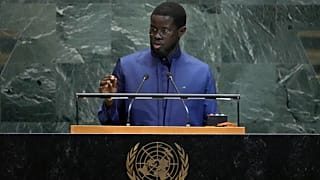
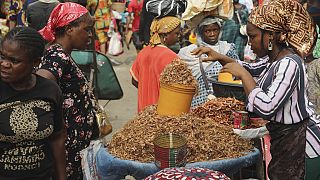
Go to video
US House passes 3-year AGOA extension but South Africa's inclusion is unclear
01:32
Africa Cup of Nations moves to 4-year cycle
00:54
Spanish police evict hundreds of mostly illegal migrants living in a squat
01:06
Trump administration expands U.S. travel ban to five more countries
01:11
Malaria deaths, cases surged in 2024 with gains at stake - Report
00:00
Pope Leo says he hopes to visit Africa in 2026 as he wraps up his first foreign trip